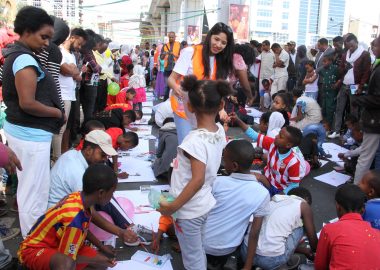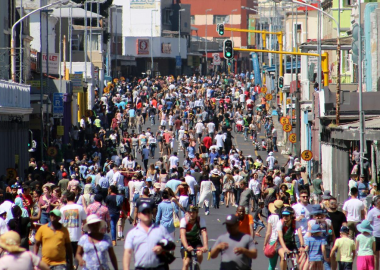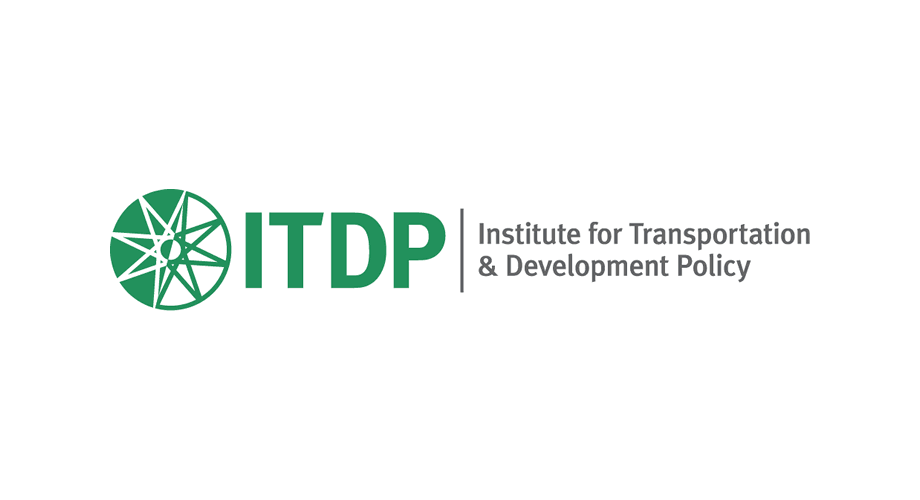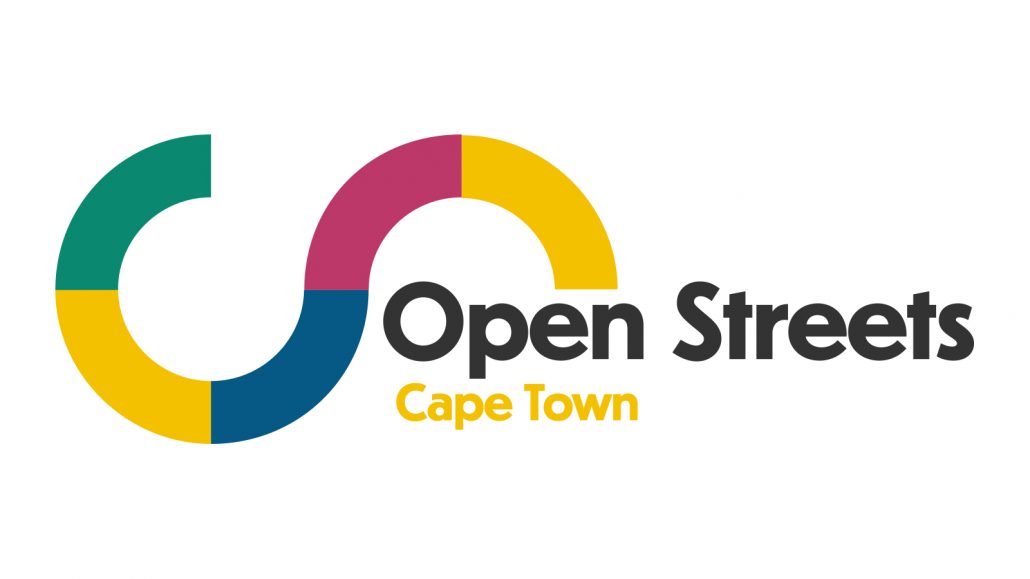African Mobility Month
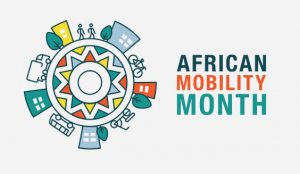
African Mobility Month is a campaign which aims to promote sustainable mobility in African cities. The successful first edition of the African Mobility Month ran from 20 September to 20 October 2019 and focused on promoting walking and cycling.
Don’t miss out on African Mobility Month 2020 from 18 September to 18 October 2020 on re-imagining mobility for African cities! Find out more at africa.iclei.org/african-mobility-month
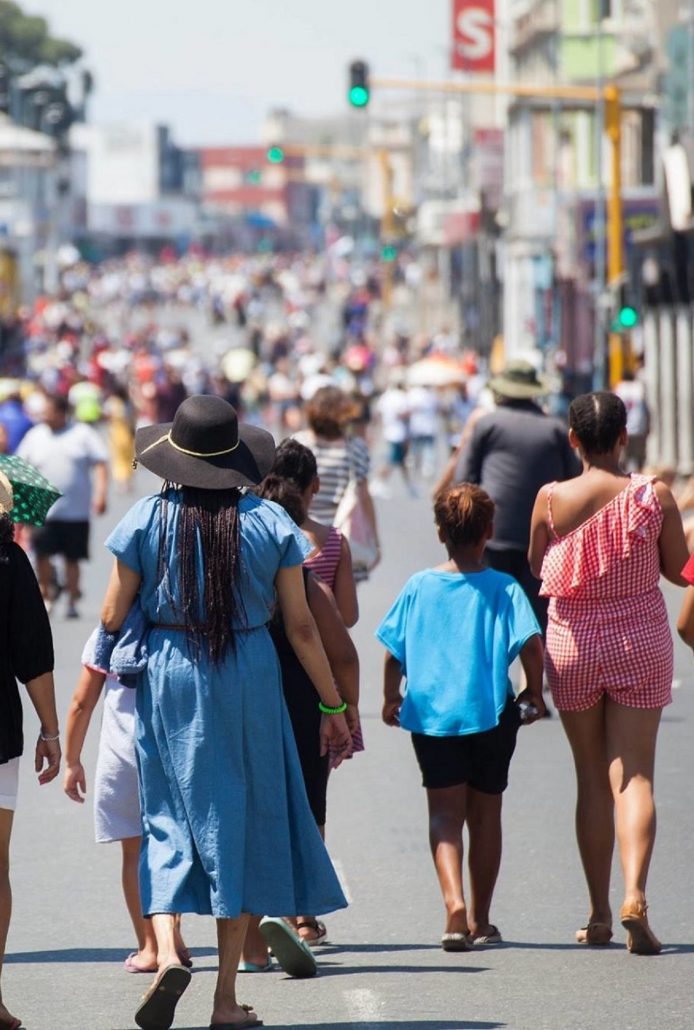
How can I participate?
SHARE YOUR STORY
Tell us about what is happening in your city by either:
• Tweeting about your city’s events between 18 September and 18 October 2020, using the #AfricanMobilityMonth hashtag, OR
• E-mailing your photographs and stories to us at africanmobilitymonth@iclei.org. We will distribute these stories for you via Twitter and other channels available to us.
• Tweeting about your city’s events between 18 September and 18 October 2020, using the #AfricanMobilityMonth hashtag, OR
• E-mailing your photographs and stories to us at africanmobilitymonth@iclei.org. We will distribute these stories for you via Twitter and other channels available to us.
SPREAD THE WORD
Inspire the citizens of your city or town about the value of walking and cycling by sharing important facts with the public and the media.
[custom-twitter-feeds hashtag="#AfricanMobilityMonth" num=4 showheader=false]
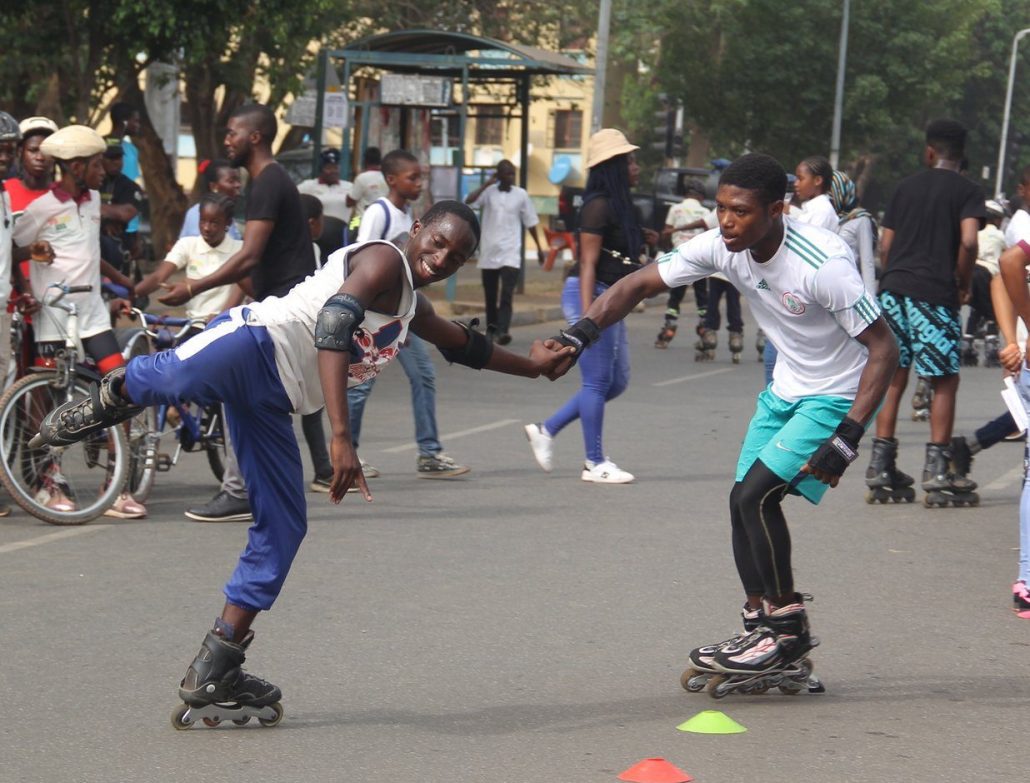
Who should participate?
- African city governments
- African national governments
- African transport or roads agencies
- International organizations
- Civil society groups
- Non-profit organizations
- Schools and Universities
- Businesses
- General public
…or anyone who has an interest in improving conditions for pedestrians and cyclists in African cities!
What types of activities can be showcased?
Any newsworthy activity that promotes or supports walking and cycling in African cities, and takes place between 20 September and 20 October can be part of African Mobility Month. Examples of activities that you might wish to share include:
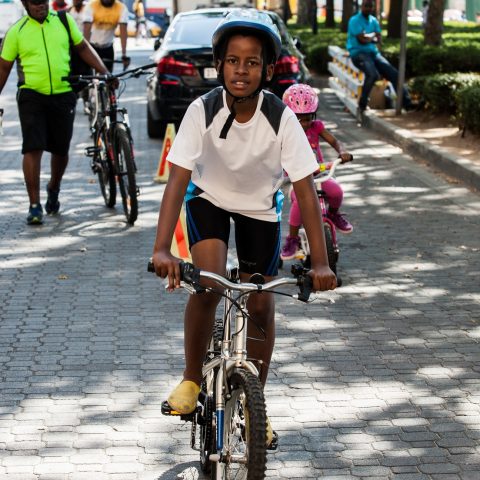
Cycling
- A local leaders’ cycling event where the Mayor and/or local Chief and their entourage cycle through the city
- A ‘bike to work day’ where government officials or local business leaders cycle to work
- A public talk or information drop, where commuters are informed about safe cycling routes through the city
- An organised group ride on a newly opened cycle path
- A cycle tour through the city or its surroundings
- The launch of a new cycling facility (e.g. new or extended lanes for cycling, a bicycle sharing scheme, a public bicycle repair shop, a bicycle information centre or bicycle storage racks in a prominent public space, etc.)
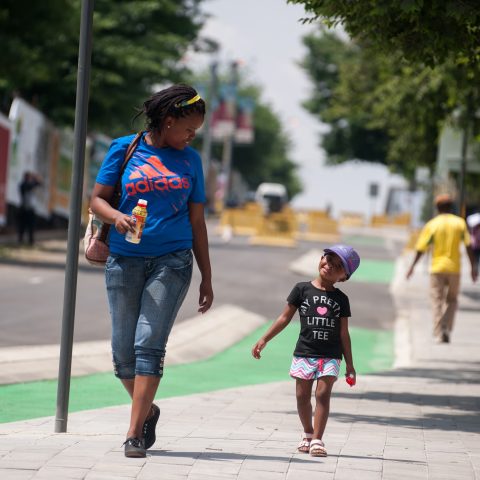
Walking
- A local leaders’ walking event where the Mayor and/or local Chief and their entourage walk through the city
- A ‘walk to work day’ where government officials or local business leaders walk to work
- A public talk or information drop, where commuters are informed about safe walking routes through the city
- An organised walk for city officials to assess conditions for pedestrians and those with disabilities in their city (e.g. missing or broken sidewalks, potholes, illegal parking, illegal dumping, lack of shade etc.)
- The launch of a new pedestrian-friendly facility (e.g. new or enlarged pedestrian-only area, new or improved pavements or pedestrian crossings, new night lighting for pedestrians, etc.)
What are we trying to achieve?
- Show large scale citizen support for walking and cycling infrastructure and policies
- Elevate the status of walking and cycling in African cities
- Increase awareness of and commitment to safer, affordable and accessible urban mobility in Africa
- Stimulate discussion about active mobility in African cities
- Link African cities to global discussions on sustainable urban mobility
- Share good practices, real case studies and lessons learnt from Africa with a global audience
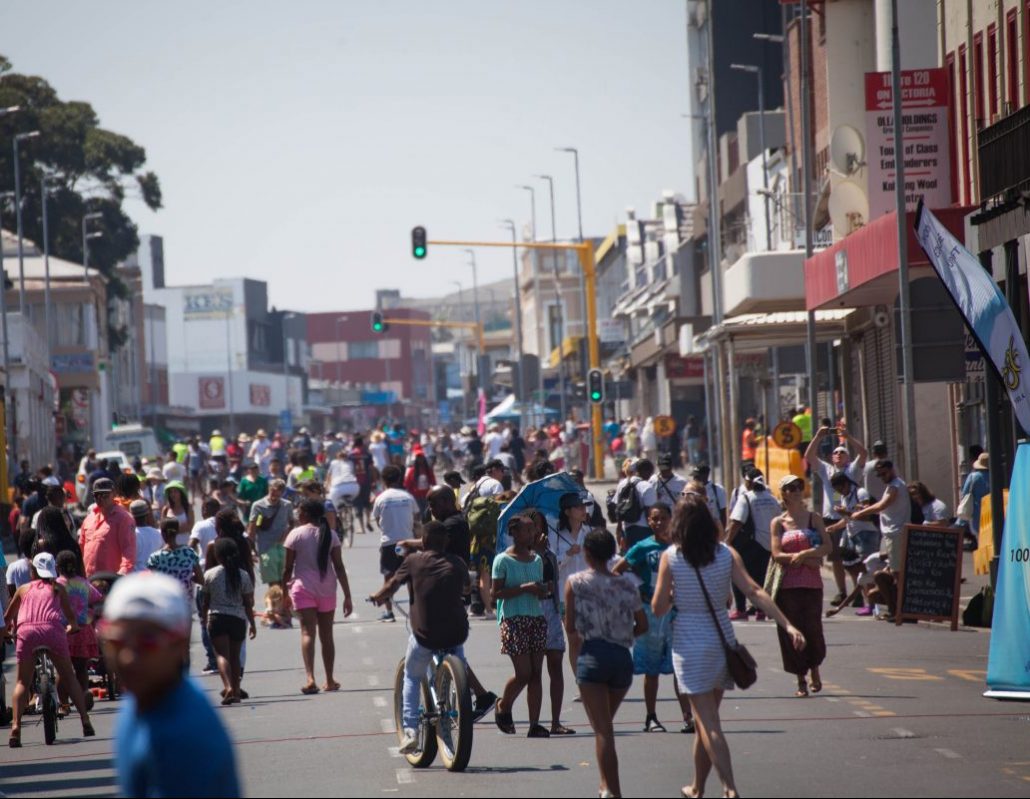
Join the movement!
These cities and organizations have participated in the first African Mobility Month from 20 September to 20 October 2019 to show their support for walking and cycling in African cities:


